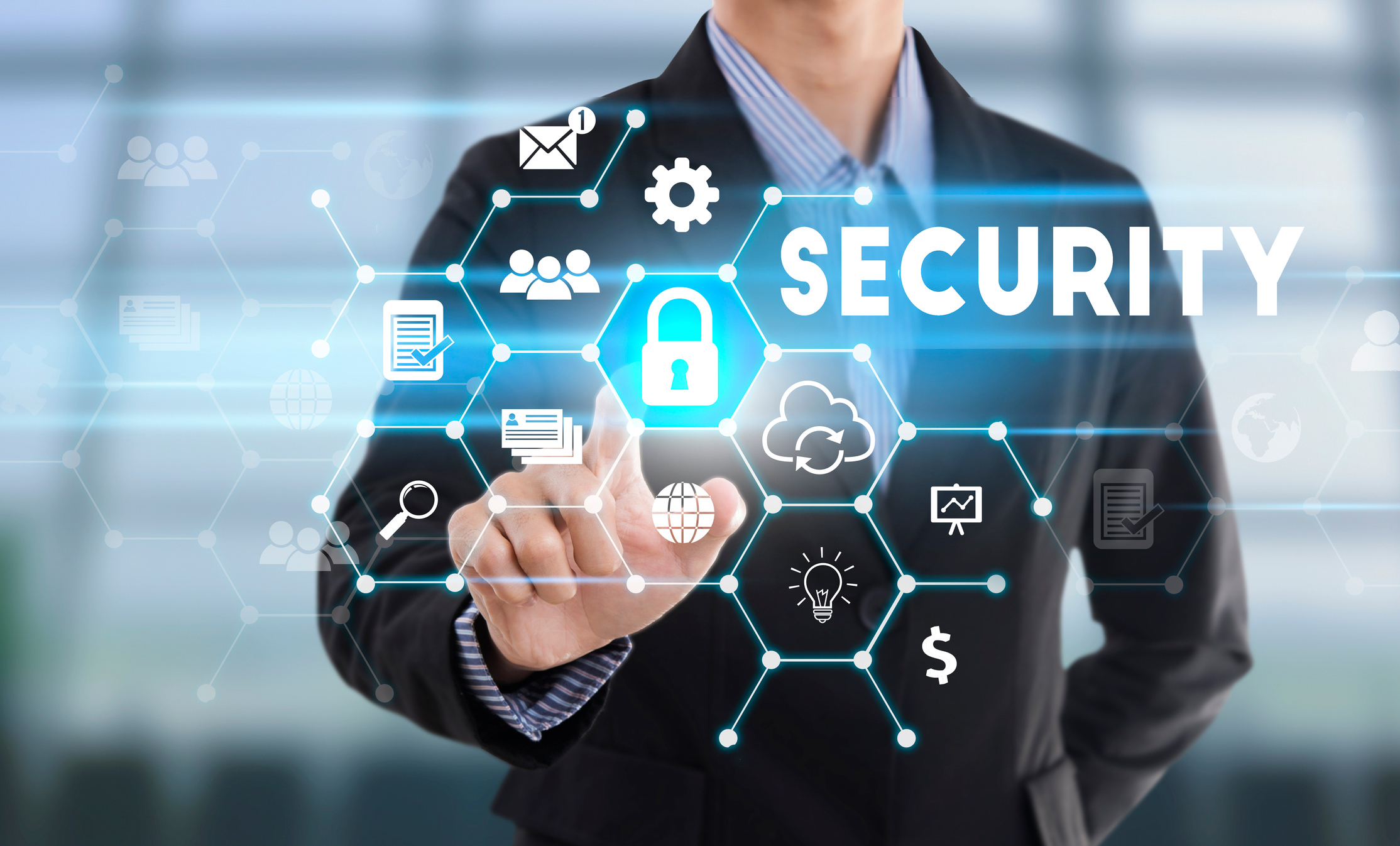
Nowadays people spend a great amount of time using their smartphones and laptops. For the most part, they use these devices to be connected to the Internet and it happens quite often that people are requested to provide their personal data for various reasons. For example, gambling lovers fill out their private data for parimatch login in order to get access to all the services and place bets online. Lovers of online shopping give their addresses and financial information to create accounts on websites of fashionable shops. Other people provide their data in order to create a profile on social media platforms and be able to keep in touch with their family and friends.
No matter where exactly personal information is required online, it is important to remember that such data need to be protected properly. Unfortunately, many people do not know how to secure their personal information in the online world. Therefore, they are vulnerable and often become victims of hackers and online thieves who can steal valuable data. That is why people should implement the proper measures to protect their identity online. Here are 5 significant steps to make sure that private information does not fall in the wrong hands.
Table of Contents
Create passcodes for all devices
People use such devices as mobile phones and laptops every single day. They can take them everywhere. The only thing people bear in mind is convenience. They make sure that they can access everything needed quickly and without any troubles. That is why people usually don’t use passcodes on their devices at all which is wrong. Different things may happen in life and the person may forget his smartphone or laptop somewhere. He may have sensitive data collected on that device. Therefore, if there is no passcode on the smartphone, then anyone can take it and access all the private data. Thus, every person should use a passcode on all the devices in order to keep their personal information protected.
Be cautious while using public Wi-Fi
When you connect to the free Wi-Fi, your data is not protected and anyone may track your activity. That is why do not perform any financial operations through such connection because the information about your credit card may easily be stolen.
Come up with complicated passwords
While filling up the registration form on any website, you are asked to generate your own password which you will use later on to log into your account. Make sure that you invent a unique password for each account and not just one universal for everything. Then hackers will not be able to access all the accounts with the same password. Do not use only numbers while creating the password. Add letters and symbols as well in order to make the combination more complex and harder to figure out.
Do not share too much on social media webpages
A considerable number of people like to show off on social media by sharing private photos and other personal information. However, such behaviour puts privacy at risk because some people may have bad intentions and use this data against somebody. Therefore, it is important to check privacy settings, limit the number of people who can see the shared information and do not mention locations and home address.
Close the accounts that you do not use any more
The less personal information is available online, the better. Therefore, it is crucial to close the accounts which you do not need any more as they may contain some private data that may be attractive for hackers.
Thus, these simple steps will help you to stay protected in the online world.










